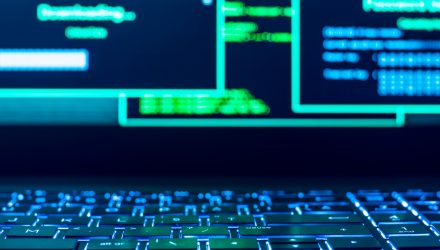Global investment firm Goldman Sachs is taking aim at the best and brightest in the quantitative hedge fund industry. The firm is said to be investing $100 million as part of a three-year plan to overhaul its current stock trading platform, according to Mike Blum, a Goldman partner and chief technology officer of electronic trading.
“With this investment we’re trying to tackle the quantitative hedge fund space and do so front-to-back to create a seamless experience for our clients, and just try to get as efficient as they are at doing their jobs,” said Blum, a 25-year trading veteran who joined Goldman two years ago.
The project, dubbed “Atlas,” is an effort by Goldman Sachs to add more technological advances in its electronic trading department. With respect to other firms, it felt it was lagging in this area so it’s pouring in the necessary capital investment to catch up with other firms like J.P. Morgan and Morgan Stanley.
It’s sort of a technological arms race among the top firms, which saw stock trading revenue fall by 14 percent during 2018. To combat this, all three firms are investing large sums of capital to the tune of $11.4 billion to shore up their electronic trading technologies.
The new trading platform will purportedly span across 32 markets in order to locate opportunities on a global scale. In addition, it will incorporate a broad range of trading styles for diversification.
“As we learned the quantitative client base and what their demands and needs were, we decided to take the technology and basically turned it into a framework that can be used to solve lots of different problems,” said Blum.
One of the primary goals of Atlas was to enhance the speed at which trader orders are executed, such as those lasting a microsecond (a millionth of a second) to about 30 seconds. In the past, Goldman Sachs struggled with these high-speed orders, but the hope is that Atlas can fix that issue.
Quantitative funds tend to send hundreds or thousands of trades at one time, and Atlas will be able to process these orders more efficiently within a quicker timeframe.
“As we roll it out globally, they should absolutely see a massive speed improvement,” Blum said. “They should see quality of execution go up, not just because of speed, but we’re completely rewriting our algorithms, we’ve brought in more researchers, more quants to improve our algos.”
For more market trends, visit ETF Trends.








